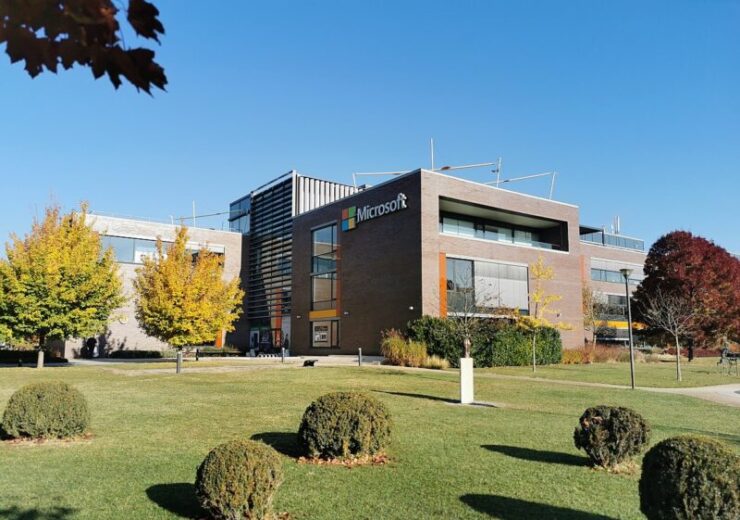The upgraded versions of the American technology major's search engine, Bing, and browser, Edge, have been launched with an aim to deliver improved searching, more complete responses, a new chat experience, and the capacity to produce content

Microsoft introduces AI-powered versions of Bing and Edge. (Credit: Elekes Andor/Wikimedia Commons)
Microsoft has introduced new versions of its search engine Bing and Edge browser by powering them with artificial intelligence (AI).
Currently, they are available in preview at Bing.com.
According to the technology major, the upgraded versions of Bing and Edge are aimed at providing improved search, more complete responses, a new chat experience, and the ability to produce content.
Microsoft CEO and chairman Satya Nadella said: “AI will fundamentally change every software category, starting with the largest category of all – search. Today, we’re launching Bing and Edge powered by AI copilot and chat, to help people get more from search and the web.”
The Edge browser, which has been updated with new AI capabilities, has two new functionalities namely, chat and compose. The upgraded browser is expected to help users with summaries for lengthy reports as well as in composing content.
Microsoft said that the updated version of Bing is operating on a new, next-generation OpenAI large language model which is more potent than ChatGPT and tailored exclusively for search.
The upgradation of Bing is also facilitated by Microsoft’s Prometheus model, which is a collection of capabilities and techniques developed to work with the OpenAI model.
Recently, Microsoft confirmed making a multibillion-dollar investment in OpenAI, which is a US-based AI research and deployment company. The announcement marked the third phase of the long-term collaboration between Microsoft and the AI company.
Microsoft said that it plans to implement measures along with OpenAI to guard against harmful content.
The companies will address issues including content blocking, data safety, misinformation, and disinformation, and prevent the promotion of harmful or discriminatory content.


